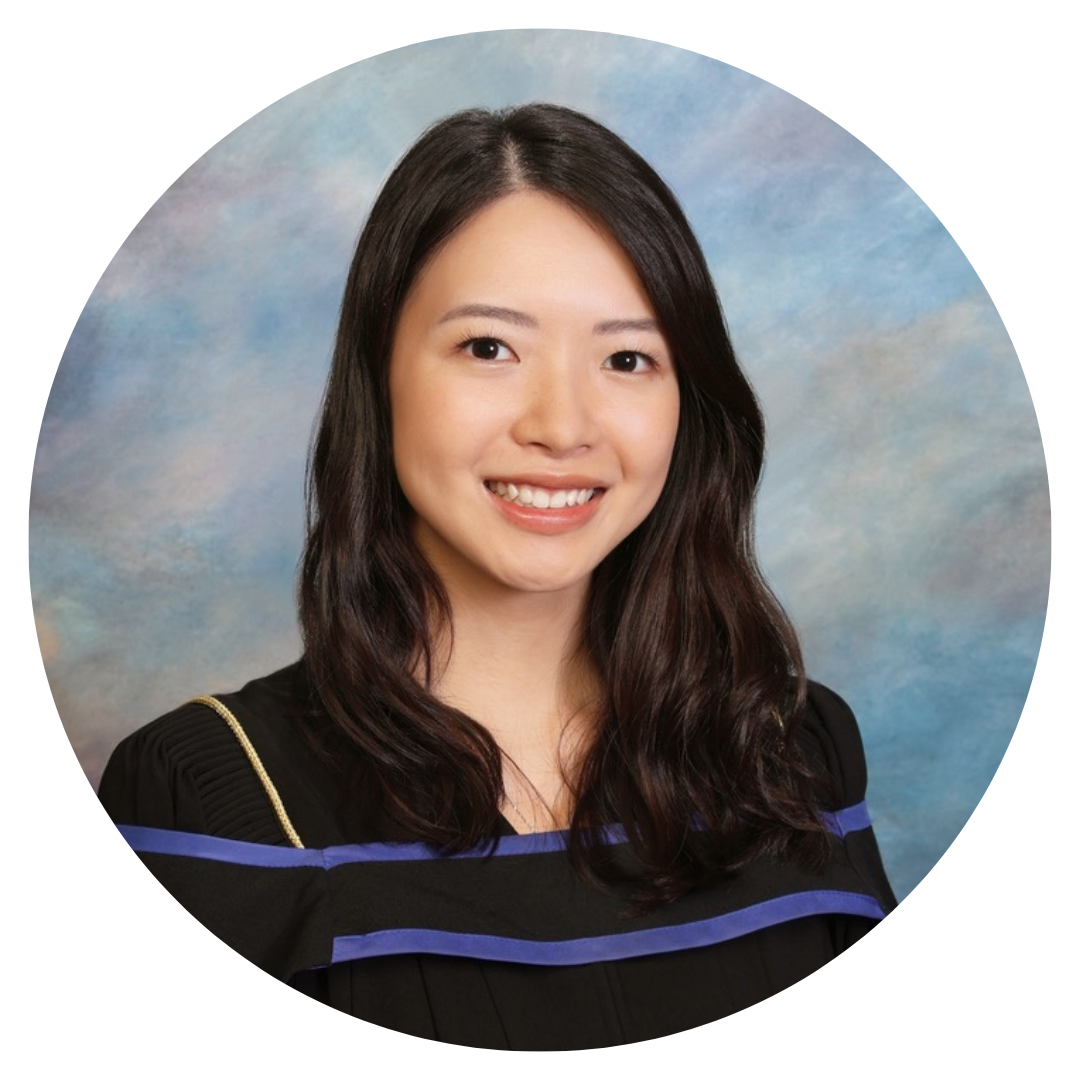Victoria So 蘇美馨 (she/her) is a 2nd generation settler of Chinese ancestry on the traditional, ancestral, and unceded territories of xʷməθkʷəy̓əm (Musqueam), Skwxwú7mesh (Squamish) & səlilwətaɬ (Tsleil-Waututh) land. In melding her studies in History with ACAM, she has learned how we can contest colonial narratives and reveal the agency, diversity, and resistance within community histories, and connect and engage with communities in doing so. This academic experience combined with her cultural heritage background has emphasized the importance of culturally relevant storytelling, accessible modes of learning, and community-engaged work, which she is grateful to have put into practice through her storytelling projects with UBC INSTRCC. At the end of the day, the dinner table discussions with her family and the vivid stories told by her elders are the root of her passion for storytelling and a key motive in why and how she does this work.
Why did you declare a minor in ACAM? What drew you to the program?
I was unknowingly drawn to ACAM when I was looking for interesting History classes to take, and I stumbled upon my first class called “The History of Cantonese Worlds.” It was my first time delving into my family and community’s histories, as well as feeling like course content resonated with me—I could ask informed questions, fully participate, and feel a sense of belonging in an academic space. (Side note: Interestingly, my final project in the class was centered around the 1923 Chinese Exclusion Act, and in 2022-2023, I got to work with Catherine Clement on The Paper Trail to the 1923 Chinese Exclusion Act project, 5 years after the fact.)
From there, I continued to take other classes whose topics I was personally interested in, and in being able to bring my whole self to class, I made connections along the way. Ultimately, it was the sense of belonging, the friendships I made, and the close-knit community that made me change my minor—that and the fact that in just doing my degree, I had almost completed my ACAM requirements already!
Name an ACAM faculty whose class had a significant impact on you and share why.
I took Professor Henry Yu’s HIST 485 and ACAM 390A back-to-back, and these classes changed the trajectory of my time at UBC. It was the first time I was truly urged to connect my personal experiences to my academic studies, and it changed how I saw group projects (which I originally avoided when I could). For my group projects, my classmates and I were honest and vulnerable, staying up late at times and chatting about our ideas, experiences, and upbringings. The projects evolved just like I did, and wouldn’t have been possible without the reflections with my group members. In the end, the projects became deeply personal and were imbued with parts of us.
Professor Yu once told me that if he were to give the same project to three different students, they would all look different. Originally, I naively thought that academic research would result in some pre-determined outcome, but it was only by bringing our whole selves and our own unique experiences to a project, that we could make it truly meaningful.
Have you completed any projects through or related to an ACAM course?
Through ACAM 390A 2021, my group (An Xu, Josh Jamora, Moira Henry, and I) got to work with the Gulf of Georgia Cannery team and brainstorm a story-gathering campaign project by the name of “Fish Tales”. This was centred around the idea that the museum could not only engage and foster community, but enable a wider breadth of people to be represented within a museum space through the accessible topic of seafood consumption.
After the class, we were given the opportunity to bring this project to life. Starting with interviews with family and friends, and social media posts that shared these stories, we found that these seemingly simple conversations around food could reveal so much about one’s community ties, cultural background, and migration history. Since then, the project has been taken up by subsequent cohorts of INSTRCC students, and has been created into a Fish Tales exhibit which you can see at the Gulf of Georgia Cannery!
Links:
 Faculty of Art
Faculty of Art
